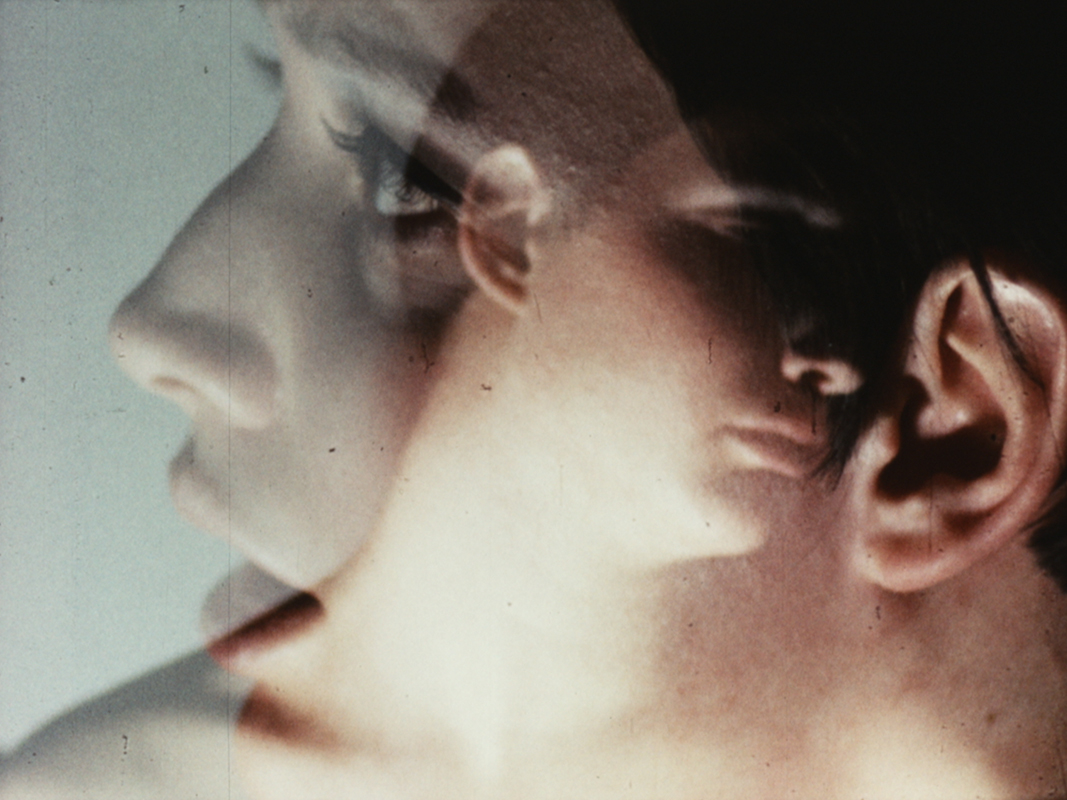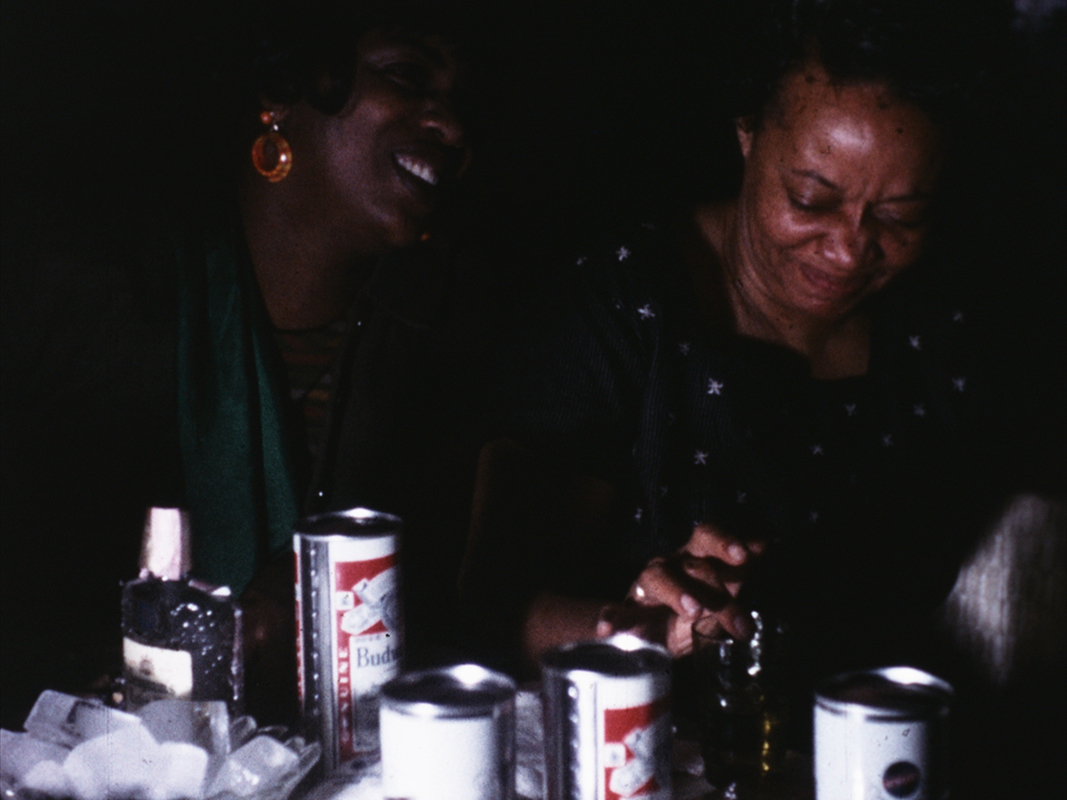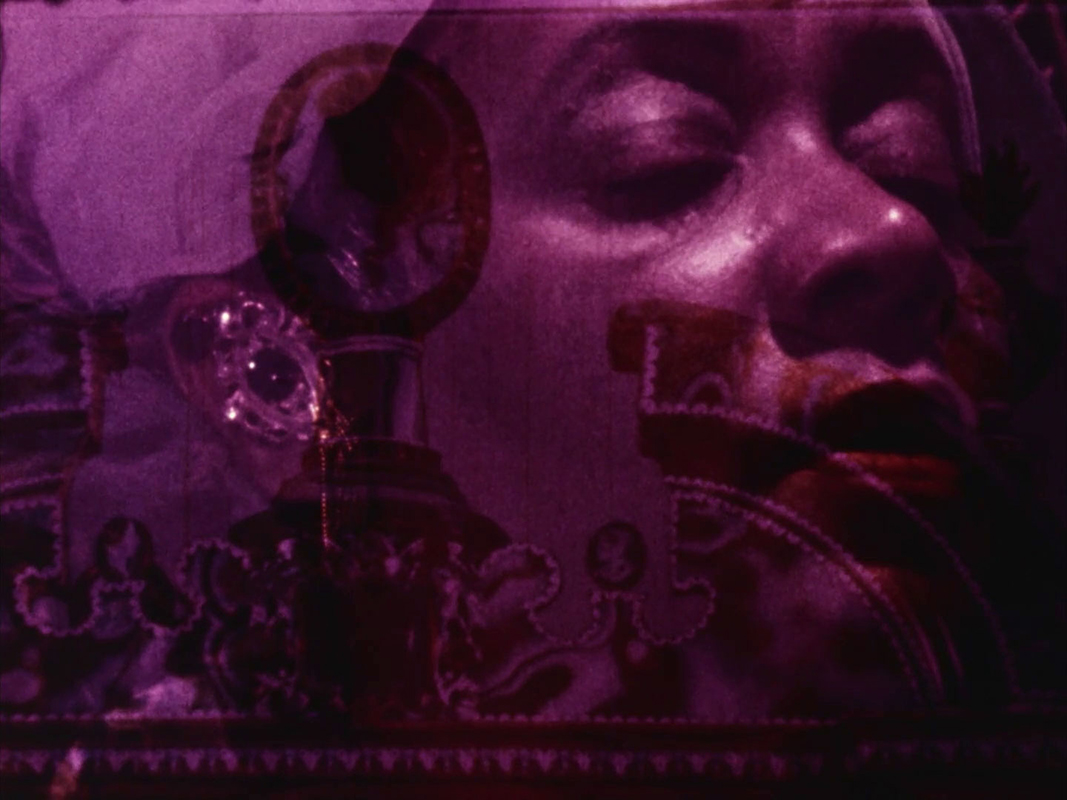Edward Owens
Edward Owens (1949-2009) studeerde aan het Art Institute in Chicago wanneer Gregory Markopoulos er midden de jaren zestig de filmafdeling oprichtte. Owens, die schilder en beeldhouwkunst volgde, maakte toen al enkele jaren 8mm-films. Markopoulos was zo onder de indruk van de maturiteit van zijn werk dat hij hem aanmoedigde om naar New York te verhuizen. De daaropvolgende vier jaar maakte Owens een reeks films die meer en meer gingen getuigen van een vormelijk meesterschap, dat geïnspireerd was door Markopoulos’ stijl maar toch een opmerkelijke eigenheid tentoonspreidde.
Tomorrow’s Promise verraadt nog de invloed van zijn mentor in zijn elliptische vertelling van een verbroken verhouding tussen een man en een vrouw door middel van wervelende montage, veelgelaagde beelden en dramatische belichting. De verfijning van de film is des te opmerkelijker in de wetenschap dat Owens tijdens het maken pas achttien jaar oud was. Maar de ware doorbraak in zijn werk laat zich opmerken in zijn twee daaropvolgende films: Remembrance: A Portrait Study and Private Imaginings and Narrative Facts. Beide films zijn opgenomen in Chicago en passen zijn formidabele repertoire van technieken toe op niet-fictieve onderwerpen: zijn eigen familie en hun omgeving. Remembrance toont zijn moeder, Mildered Owens, en haar vrienden Irene Collins en Nettie Thomas. De vrouwen worden gefilmd terwijl ze drinken, roken en rondhangen. Hun gezichten zijn belicht als zeventiendeeeuwse schilderijen terwijl de soundtrack bezet wordt door popmuziek. Het beklemmend stille Private Imaginings and Narrative Facts combineert een majestatische voorstelling van zijn moeder met een fijngevoelig gebruik van ritme en superimpositie, die de kloof oproept tussen de realiteit van het huiselijk leven en verlangens naar luxe en verfijning. Ondanks lof van invloedrijke stemmen zoals Parker Tyler en Jonas Mekas, kende Owens filmcarrière al op zijn twintigste een tragisch einde. (naar Ed Halter)
“Edward Owens may well be one of the few for whom ‘amateur’ and ‘professional’ need have no significance whatsoever: true to his own native talents, with grim determination uncanny, whether the mind in the arts is for or against beauty or its opposite twin, chaos. So that with each subsequent struggle to complete a film he will leave us breathless with anticipation for his next work.” — Gregory Markopoulos
New digital preservations by The Film-Makers’ Cooperative.


